The introduction of new categories of special economic zones that can be registered with the economic promotional agency is the first priority in the expedited ecozone transformation roadmap.
Ecozones are the places where basic infrastructure is being built in the hopes that it will be ready for occupancy, earn foreign currency through the promotion of unconventional exports, and maintain an ongoing source of revenue with the aid of amenities and standard quality control. The Philippines’ ecozones will also be used to draw investors, such as foreign nationals, to obtain fresh expertise that will help them improve, and keep up with and learn about current technological advances.
Real estate is one of many investments that are significantly safer and more advantageous. You may not be aware of this, but the property for sale may be located within a Philippine ecozone.
What is Philippine Economic Zone Authority (PEZA)?
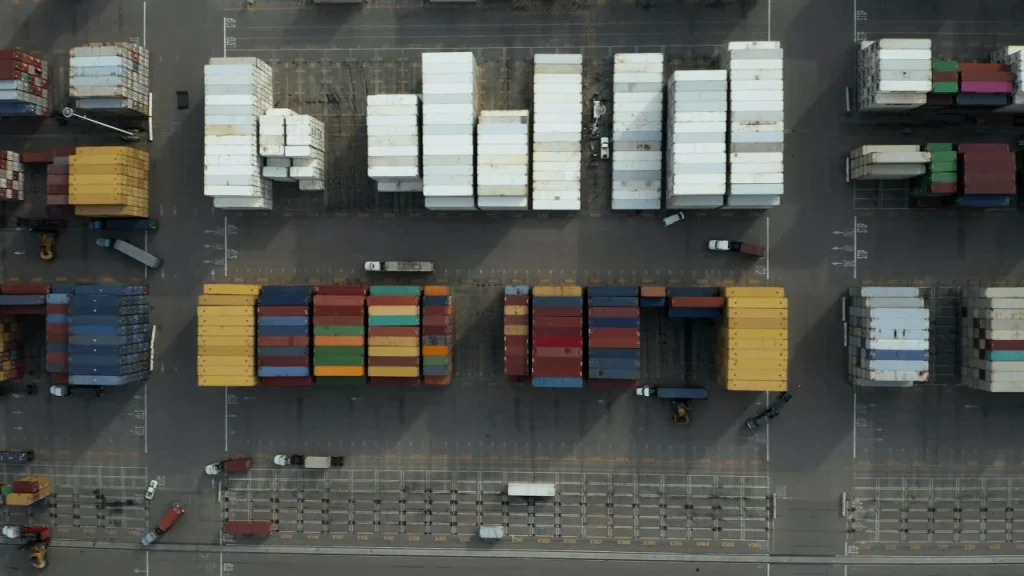
The Department of Trade and Industry (DTI) established PEZA, also known as the Philippine Economic Zone Authority, to encourage foreign investment in the Philippines. It notably helps foreign firms by facilitating investor business operations in particular regions of the nation known as PEZA Special Economic Zones. Businesses holding PEZA certifications are eligible for both fiscal and non-fiscal benefits once they have been accredited. This is in addition to the potential for avoiding specific taxes and having more quickly processed registration and permission procedures.
How Are Ecozones Categorized in the Philippines?
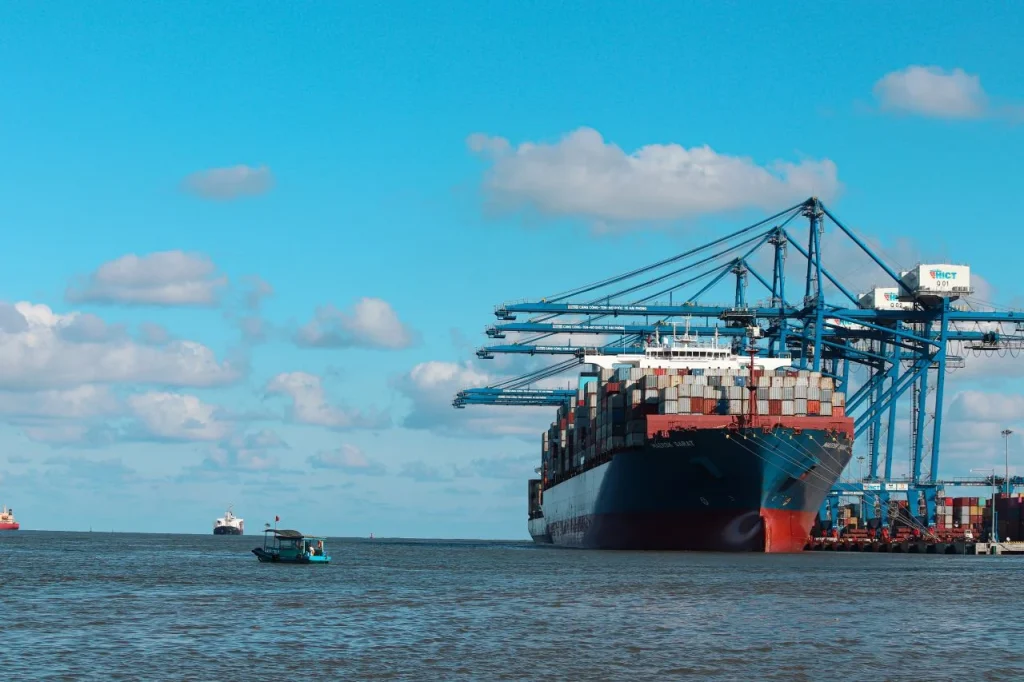
These are places that the local government units have earmarked for growth into regions that balance agriculture, industry, commerce, and tourism and recreation.
Each Ecozone is to be built out as a separate neighborhood with little influence from the government. It will manage its own financial, industrial, commercial, and tourism growth without assistance from the federal government. Additionally, it must offer sufficient resources to build connections with the nation’s other organizations and nearby communities.
Ecozone Philippines
Land Parcels built for industrial use are known as industrial estates (IEs). They have basic infrastructure including roadways, sewage and water lines, factory buildings that are already constructed, and housing for the community to use.
Special IEs called Export Processing Zones (EPZs) have locator businesses that are primarily focused on exports. Imports of capital goods, raw materials, and replacement parts are tax-and duty-free under EPZ incentives.
In close proximity to ports of entry, such as airports and seaports, are locations known as free trade zones. Without incurring import charges, products that have been imported may be unloaded, repackaged, sorted, and otherwise handled. They will, however, be liable to customs taxes if they are transported into a non-free trade zone. By 2003 ASEAN has committed to establishing an FTZ.
The establishments in tourist and recreational centers serve both domestic and foreign tourists to the ecozones. Hotels, resorts, flats, and sports venues are examples of such enterprises.
Ecozone Enterprises
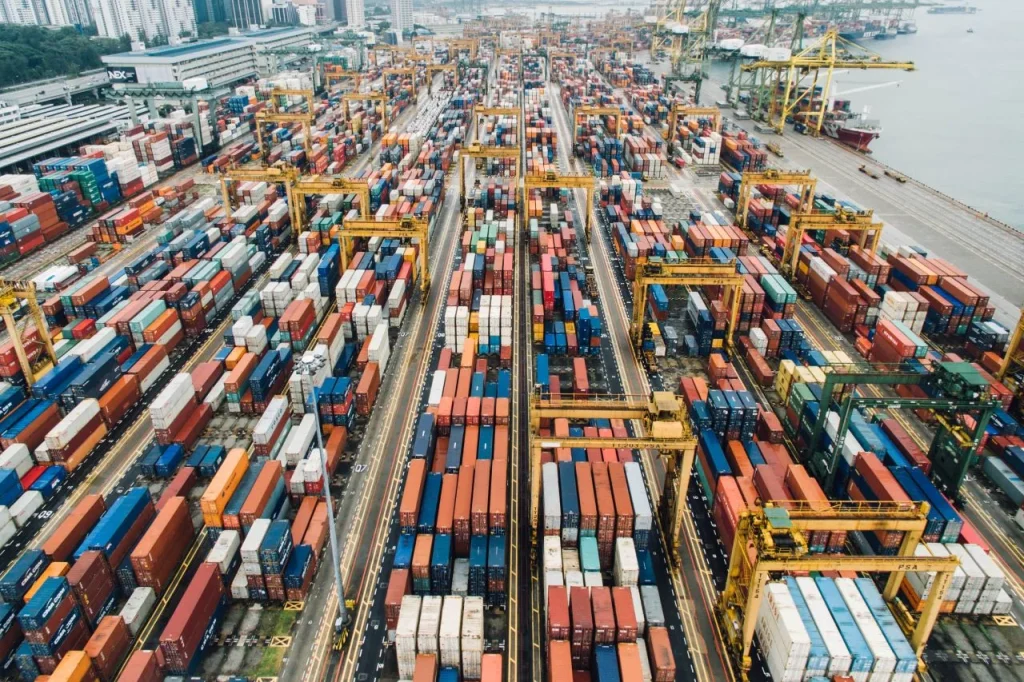
- In the free trade zone of the Ecozone, the Free Trade Enterprise imports and sells items without paying taxes or duties. Customs and tariff duties will apply to goods brought in from outside the free trade zone.
- If a company is a domestic market enterprise—a manufacturer, an assembler, or a processor of goods—and if it is majority owned by Filipinos or foreigners, at least 50% of its output must be exported for a minimum of three years, and at least 70% otherwise.
- Utilities Enterprise has the contract to provide the Ecozone with communications, transportation, and water distribution and supply services.
- If a lesser percentage is permitted by PEZA, an export enterprise is one that produces, assembles, or processes commodities that are 100% destined for export.
- In the Ecozone, the Tourism Enterprise runs hotels, dining establishments, and facilities for sports and relaxation.
Advantages and Disadvantages of Export processing zone authority
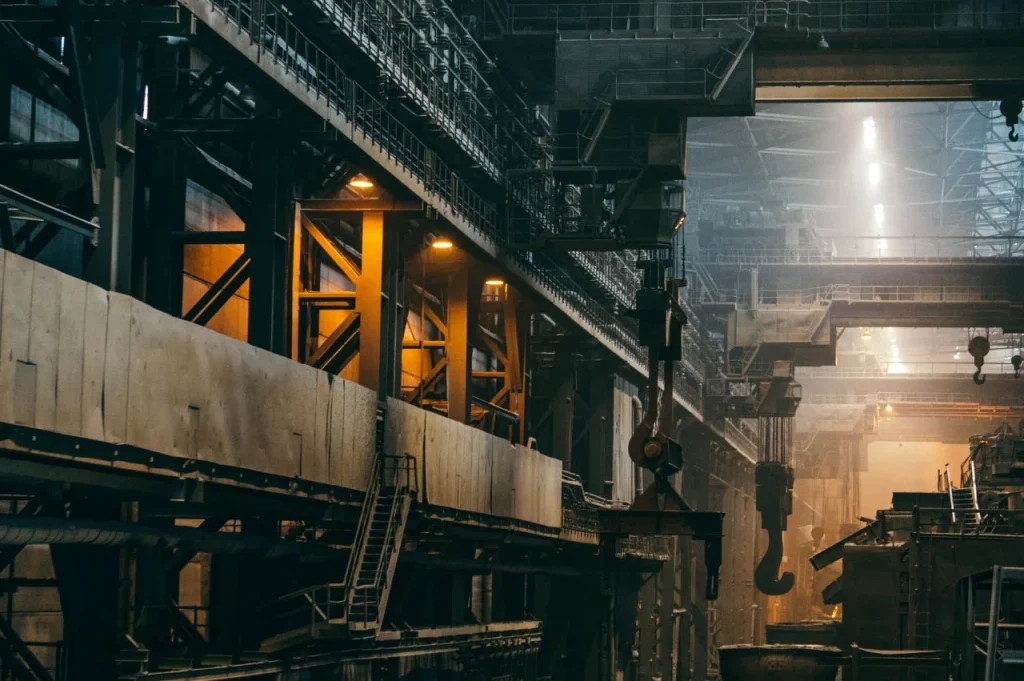
Export Processing Zones (EPZ), one mechanism, are utilized by numerous countries. These are particular regions within a nation that are intended to: Bring in foreign investment to be ready for occupancy; broaden the industrial base; introduce technology. Make connections between the zones and the home economy on a backward basis.
Natural resources, affordable trained labor, or logistical benefits are a few of the resources the EPZ will have that can draw in investment.
Communities can also promote investment in the EPZ by granting accelerated licenses or building permits, lowering customs restrictions, providing free-of-charge tax table incentives, such as a ten-year tax vacation, and establishing infrastructure in accordance with investor needs.
Advantages
- Growth in foreign exchange earned from higher exports
- The integration of modern technology into the country
- The development of jobs, and Foreign Direct Investment (FDI) in the host country
- Creating backward links between the domestic economy and the EPZ
Since there are upfront costs associated with developing the infrastructure for the EPZ and tax incentives provided to foreign investment, the overall advantages to their homeland are not easily quantifiable.
According to research on EPZs around the globe, several countries, including China, South Korea, and Indonesia, seem to have profited greatly from the establishment of EPZs. While it is assumed that some have not done as well, such as the Philippines, in which the costs of infrastructure outweighed the advantages.
Disadvantages
According to organizations like the International Labor Rights Forum (ILRF), the majority of employees in some developing countries’ EPZs are women, making up as much as 90% of the source of cheap labor.
Numerous economists have drawn the conclusion that employment in EPZs is associated with low pay, high work demands, hazardous working conditions, and the repression of labor rights. Although it is frequently the case that, especially for women, the wages in EPZs are higher than those in rural regions of the same nation, it is not constantly the case that they are higher than the wages for similar work performed outside of the EPZs.
The labor movement’s actions inside EPZs have often been suppressed by the governments that established them. Governments have imposed a variety of restrictions on labor movements, such as a whole or partial ban on union operations, limitations on the reach of negotiations, and the exclusion of union organizers.
The need to keep prices as low as feasible in order to compete with other emerging countries grows as a growing number of EPZs are established. In other words, the effects of risky working conditions continue to affect the employees.
Brief Summary of the Export Development Act

Together, the public and business sectors must make the Philippines an exporting nation. In order to do this, the State has to instill in the Filipino people the notion that exporting is not merely just a sectoral concern but also essential to national survival and the fastest way to attain the economic objectives of expanded employment and higher earnings.
What Is the Special Economic Zone Act?
An area of a nation that is subject to distinct economic rules from other areas of the same nation is known as a special economic zone (SEZ). Foreign direct investment (FDI) tends to be encouraged by and drawn to the economic laws of special economic zones (SEZs). Special economic zones (SEZs) are frequently established in order to promote quick economic expansion by utilizing tax incentives to draw foreign investment and spur technical innovation.
SEZs could also result in higher export rates for the nation that is implementing them as well as for other nations that provide them with intermediary goods. However, there is a chance that some nations will misuse the system to keep protectionist barriers in place (in the manner of taxes and expenses). Given their rules and regulations, SEZs can also produce a significant amount of bureaucracy. The system may become less effective as a result of money being diverted away from it.
Understanding National and local taxes
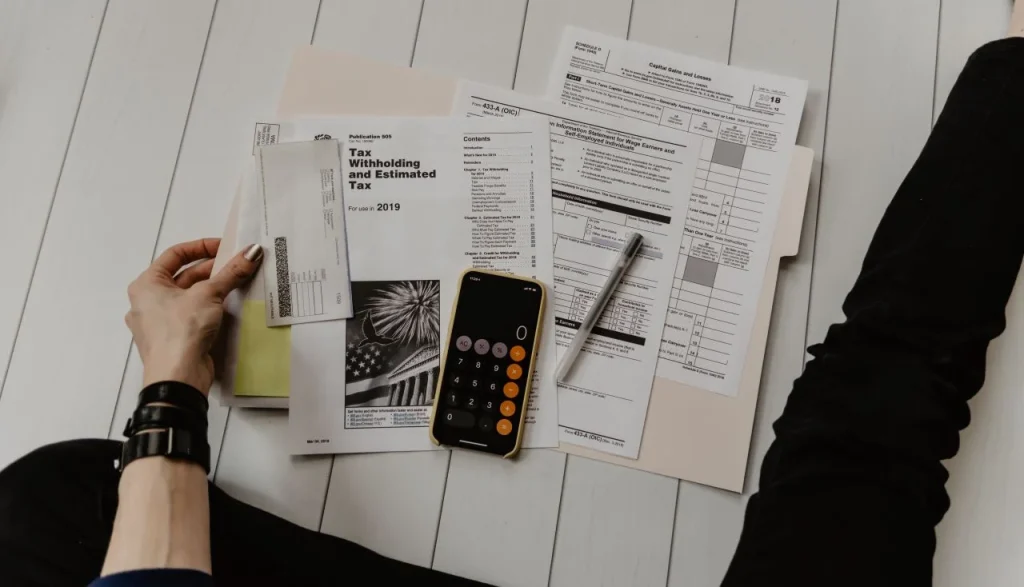
Whether municipal, regional, or federal, taxes are mandated payments made by individuals or businesses to the government. Government programs like Social Security and Medicare as well as public infrastructure and services like roads and schools are funded by tax income.
A local tax is a levy levied by a nation, county, or city to pay for public services including education, trash removal, and sewage upkeep. Local taxes can take on a variety of shapes, including taxes on property, payroll charges, taxes on sales, and license fees. They can differ significantly between jurisdictions.
Taxes are borne by whoever bears the cost of the tax, whether this is the organization being taxed, such as a company, or the final users of the items produced by the firm. Taxes of all kinds, including payroll charges, state and federal income taxes, and sales taxes, need to be taken into account from an accounting standpoint.
Recognizing Philippine Home Value
More than simply tourists are drawn to the nation. A sizable and pleasant ex-pat population resides in the Philippines, where they may take advantage of the nation’s inexpensive cost of living, enticing beaches, stunning natural beauty, tropical temperature, and warm natives, to name a few facilities.
The alternative that is perhaps the simplest is to buy a condominium, a type of combination of ownership that is outside of conventional frameworks. With traditional real estate, you also own the piece of property on which the building is situated. But if you purchase a condo, you simply own the actual condo unit and not the property that sits underneath it.
Companies may possess land in the Philippines so long as they are 60% or more owned by Filipino citizens. For approval to purchase, sell, or act as a middleman in a property transaction, companies that meet this equity interest criterion must register with the government’s Board of Investment (BOI).
Working with a seasoned real estate agent can be beneficial once you’ve decided on the broad area in which you want to settle down. They can show you various properties, help you narrow down your options, and offer general direction throughout the entire procedure.
Property Value Increase
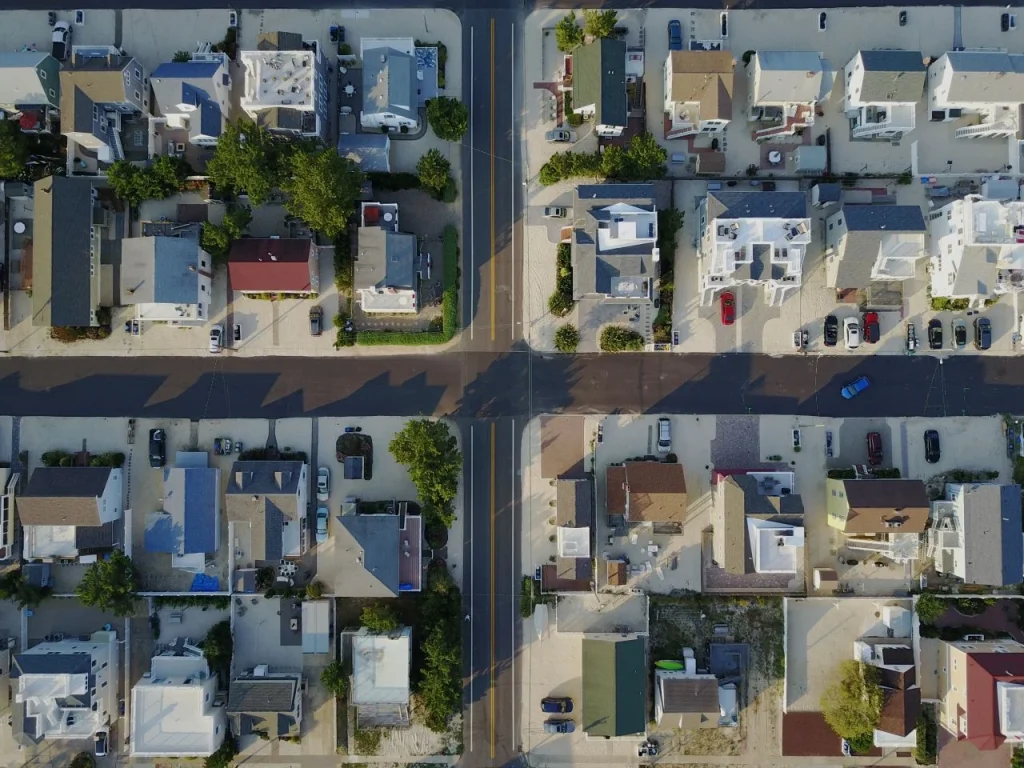
Anything that can be owned is considered property. Physical items like a house and land, real estate, automobiles, apartments, homes, and business premises, or cognitive items like books and computers are all examples of tangible assets. Generally speaking, property ownership can be shared, sold, or transferred. Numerous elements, namely those pertaining to real estate industry properties, could influence growth in their value. Obviously, where you reside and whether it is an urban, suburban, or farming region will affect the cost of land per square meter in the Philippines.
prospective buyers think that a house’s physical attributes will boost its worth. However, in reality, the actual building that makes up a property depreciates over time, while the piece of property it is situated on typically increases in value. Investors can choose better by understanding how future land values affect property returns. Due to its limited supply, land appreciates over time since the demand for it rises as the population grows and its price decreases.
In a certain location, not every spot is seen as being equal. The majority of middle- and upper-class single-family house neighborhoods have fresh development restrictions set when developers buy the majority of the available land to build subdivisions on. As a result, the majority of communities develop their own unique social, cultural, and demographic traits that influence the demand for homes.
Successful real estate investors focus on a property’s likelihood of land appreciation rather than just the stylistic features of possible home purchases. This necessitates ignoring the most appealing homes in a target neighborhood and focusing on the ones that provide the potential for renovation, which could raise the worth of the surrounding property.
Peza Promises to Accelerate the Transformation of the Ecozone
Ecozones can act as barriers to lessen the impact of headwinds, outside factors, and all of these current global disturbances. The bright side of this is that ecological zones have the potential to spur economic expansion and restoration.
The ecozone regulations, which require locators to export 70% of their output and cap domestic market sales at 30% of total production, ought to be modified in order to promote the development of links and more open commerce between domestic enterprises operating outside the zones and zone locators.
Related Blog: Benefits of Living Close to an Ecozone in the Philippines


